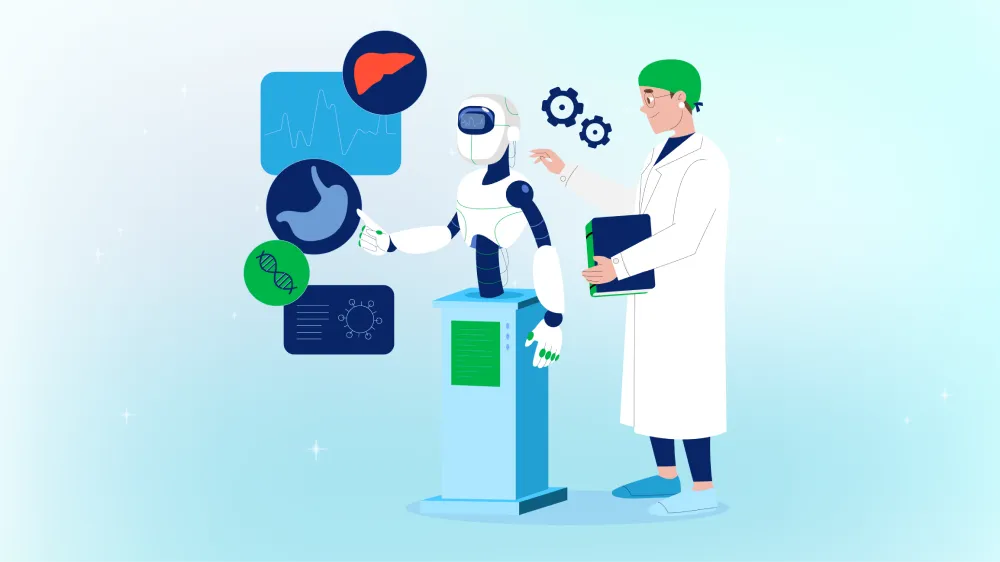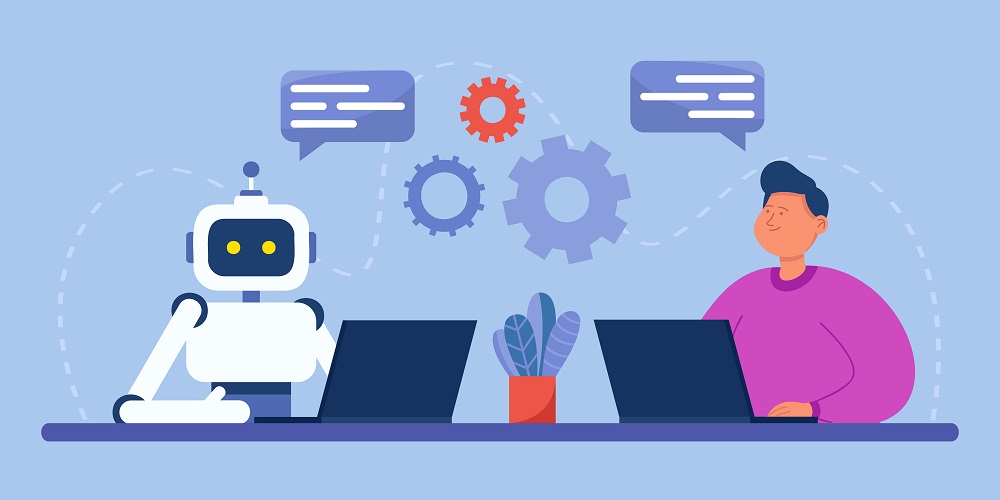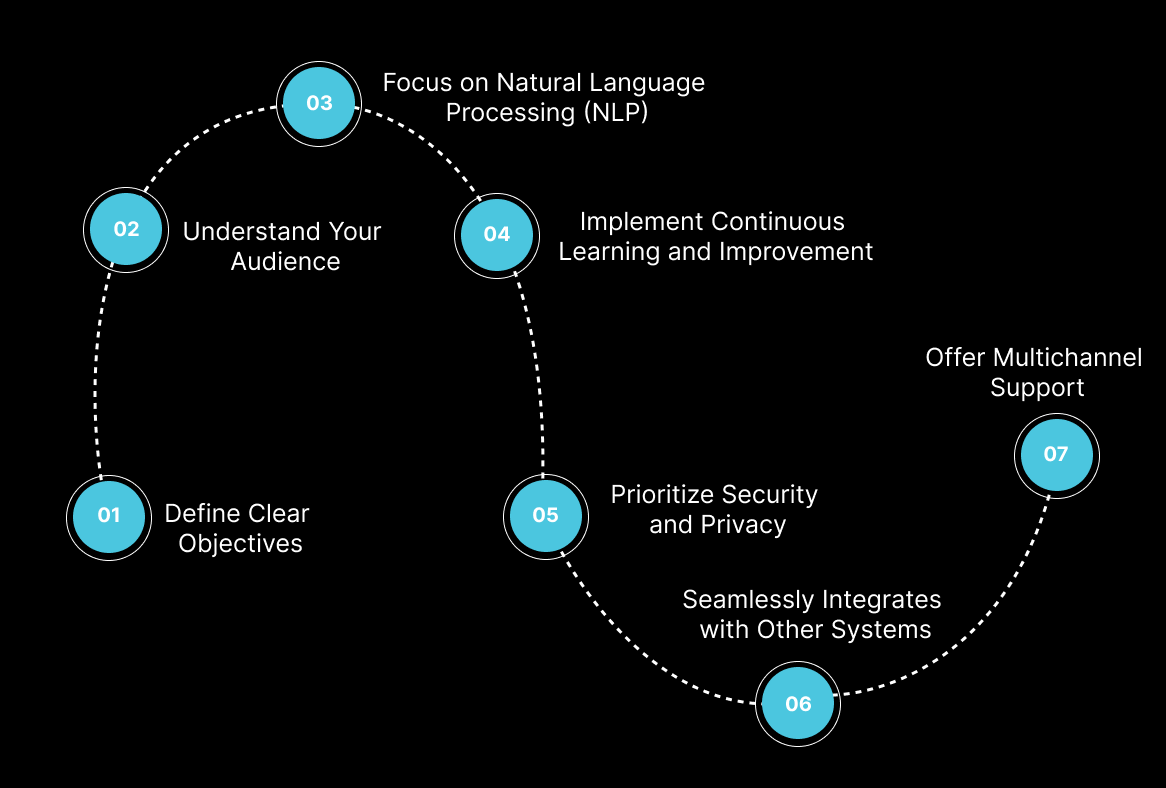For independent healthcare practices, scheduling has long been a complex challenge with significant consequences. Inefficient scheduling leads to provider downtime, patient dissatisfaction, and lost revenue through no-shows and cancellations. In an industry where margins are increasingly tight and patient expectations continue to rise, these inefficiencies can threaten practice viability.
Artificial intelligence is now offering a powerful solution to these persistent challenges. AI-powered scheduling systems are helping healthcare providers optimize appointment flow, reduce no-shows, and create a more patient-centered experience—all while decreasing the administrative burden on staff and improving practice profitability.
The Scheduling Challenge for Healthcare Providers
- High no-show rates (averaging 10-30% across specialties) creating costly provider downtime
- Complex appointment types requiring different time allocations and resources
- Unpredictable emergency or urgent care needs disrupting carefully planned schedules
- Patient frustration with limited availability and long wait times
- Administrative burden of manual scheduling consuming staff resources
- Difficulty balancing provider productivity with patient satisfaction
- Challenges in coordinating multiple providers and resources for complex care
How AI Transforms Healthcare Scheduling
Real-World Applications Across Medical Specialties
Patient Experience Enhancements
Implementation Strategies for Practice Success
Measuring ROI and Performance Improvements
Conclusion
AI-powered scheduling represents one of the most impactful technologies healthcare practices can adopt to simultaneously improve operational efficiency, provider satisfaction, and patient experience. By reducing no-shows, optimizing provider time, and creating more personalized patient interactions, these systems address multiple pain points with a single solution.
The accessibility of AI scheduling technology means independent practices and small healthcare groups can now implement sophisticated scheduling systems that were once available only to large hospital systems with extensive IT resources. This democratization of technology is helping level the playing field, allowing smaller practices to deliver scheduling experiences that meet or exceed patient expectations formed by other consumer experiences.
For healthcare providers struggling with the competing demands of clinical excellence, operational efficiency, and patient satisfaction, AI scheduling isn't just a technological upgrade—it's becoming an essential tool for practice sustainability and growth in an increasingly competitive healthcare landscape.
Ready to transform your business with AI?
Our team of experts is ready to help you implement the strategies discussed in this article.
Schedule a ConsultationAlexandros Aidonis
Founder & CEO
Alexandros Aidonis is the founder and CEO of AIdonis, specializing in AI solutions for local businesses. Alex is passionate about helping small businesses leverage AI to compete with larger enterprises.




